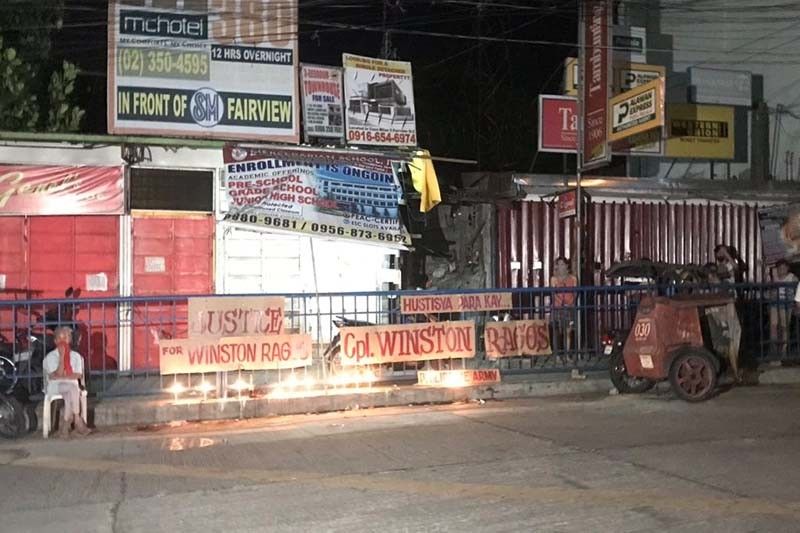UN expert slams excessive use of force during virus lockdowns

MANILA, Philippines — A United Nations human rights expert criticized governments across the globe that resort to excessive use of force while implementing emergency measures to help stem the spread of the coronavirus disease.
Agnes Callamard—UN special rapporteur on extrajudicial, summary or arbitrary executions—said different COVID-19 measures enforced worldwide are resulting in an “increased state of systematic violence at the hands of the police.”
“For the last three months, I have been receiving alarming reports that demonstrate that people are more vulnerable to police violence in times of COVID-19. And those who are most vulnerable to it are people who are already living often at the margin and who are structurally vulnerable,” Callamard said in a webinar organized by Ecumenical Voice for Human Rights and Peace in the Philippines.
The UN expert stressed that emergency measures in the Philippines could encourage law enforcement agencies—which had history of abuses—to resort to excessive use of force.
“Of course, in a country like the Philippines and many other countries, law enforcement is already acting beyond international law, beyond standard allowing for the use of force. You can only imagine what those additional powers under a state of emergency are,” Callamard said.
The Philippines has been under a state of public health emergency since early March and a state of national emergency since September 2016. Since the declaration, there has been a heightened presence of uniformed personnel to implement strict quarantines such as restrictions on movement and curfews.
In April, Winston Ragos, a retired soldier who figured in a confrontation with police oover supposed quarantine violations, was shot dead by a police officer , allegedly in self-defense, in Quezon City. The Philippine National Police operational procedures prohibit the excessive use of force during operations.
“Even in a state of emergency, the right to life cannot be derogated,” Callamard said.
Beginning Monday, the country’s lockdown—one of the longest in the world—will be eased further with outbreak epicenter Metro Manila and other areas at high risk of virus transmission shifting to general community quarantine.
READ: 'By the book': A look at quarantine incidents and police operational procedures
UN report
The online forum came ahead of the report of the UN Office of the High Commissioner on Human Rights on the human rights situation in the Philippines pursuant to a resolution adopted by the UN Human Rights Council last year. UN human rights chief Michelle Bachelet is expected to present her findings to the council this month.
“We do need a strong response from the Human Rights Council and for this to happen, of course we need a strong report from the Office of the High Commissioner on Human Rights,” Callamard said.
“We as special rapporteurs will do everything we can to ensure the report is strong and well captured in the Human Rights Council. But it is important that in doing so, we are fully backed up and supported by the supporters from the Philippines, voices who can balance the disinformation and the propaganda coming out of the government,” she added.
The UN rapporteur said that while the preliminary examination into President Rodrigo Duterte’s alleged crimes against humanity initiated by the International Criminal Court is “taking too long,” she is hoping that the report to be presented by Bachelet will have an impact on the next step of the Hague-based tribunal.
A preliminary examination is not the same as a preliminary investigation and is chiefly concerned with evaluating whether the ICC has jurisdiction over the allegations.
“I suspect that the OHCHR report that will be released will matter in terms of impacting somehow of the determination of the next step. Not in terms of evidence that will be provided, but in terms of demonstrating that there is community interest to address the situation in the Philippines,” Callamard said.
Fatou Bensouda, chief prosecutor of the ICC earlier said her office is seeking to finalize its preliminary examination into the alleged extrajudicial killings linked with Duterte’s anti-drug crackdown this year.
Latest government figures put the number of alleged drug personalities killed in the war on drugs at 5,601. But the figure is significantly lower than the estimates by human rights watchdog of as many as 27,000.
- Latest
- Trending

































